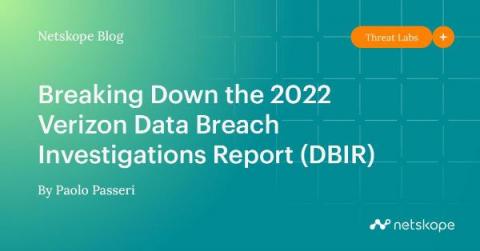The True Cost of a Security Breach
There have been many articles about the cost of a security breach. With the emergence of privacy regulations that assign penalties based on a business’ profit, or those that calculate a value for each compromised record, it is possible to calculate the cost of a breach based on those metrics. However, it would seem that these hard numbers are not detailed enough to placate many security professionals.










